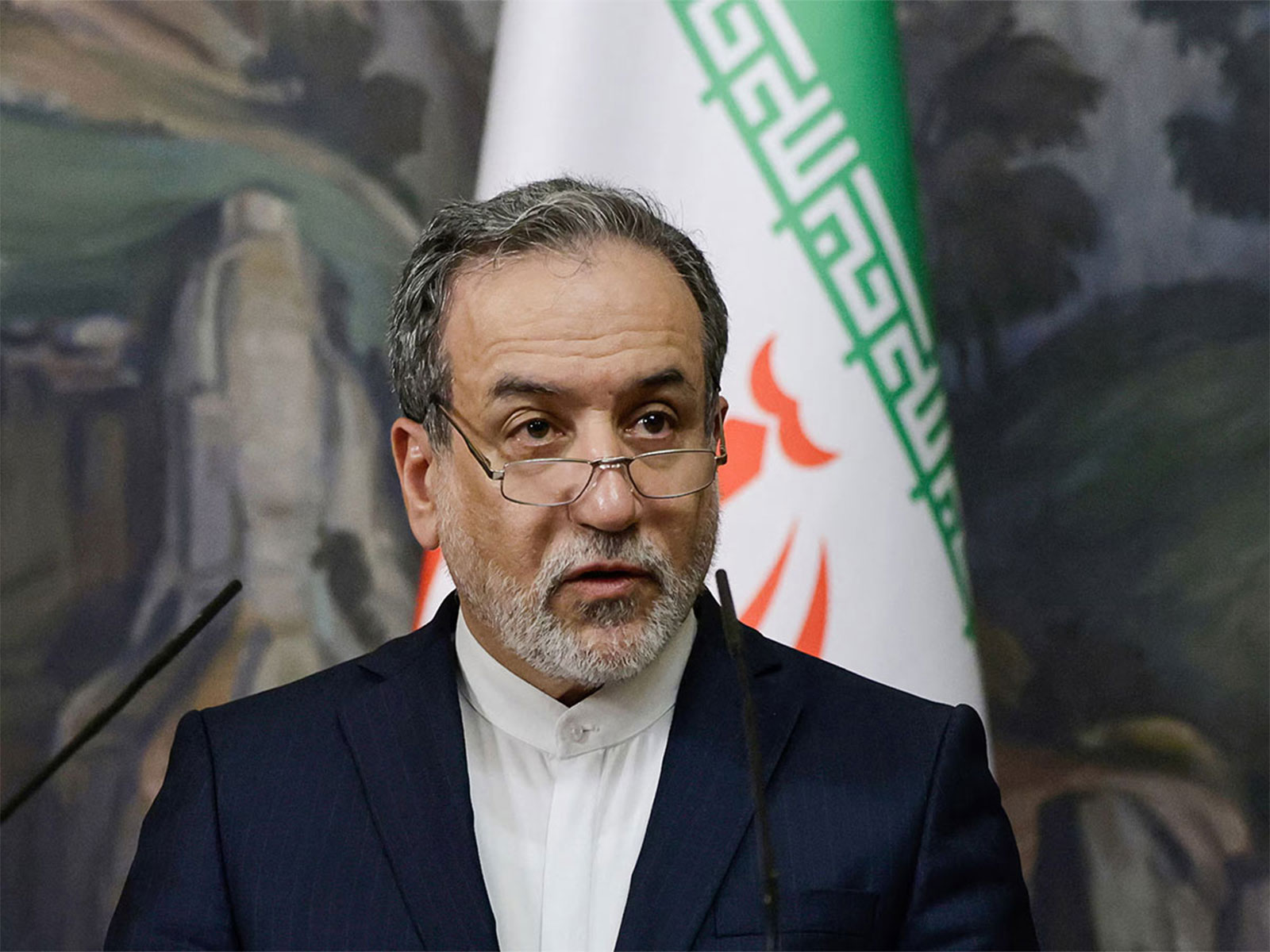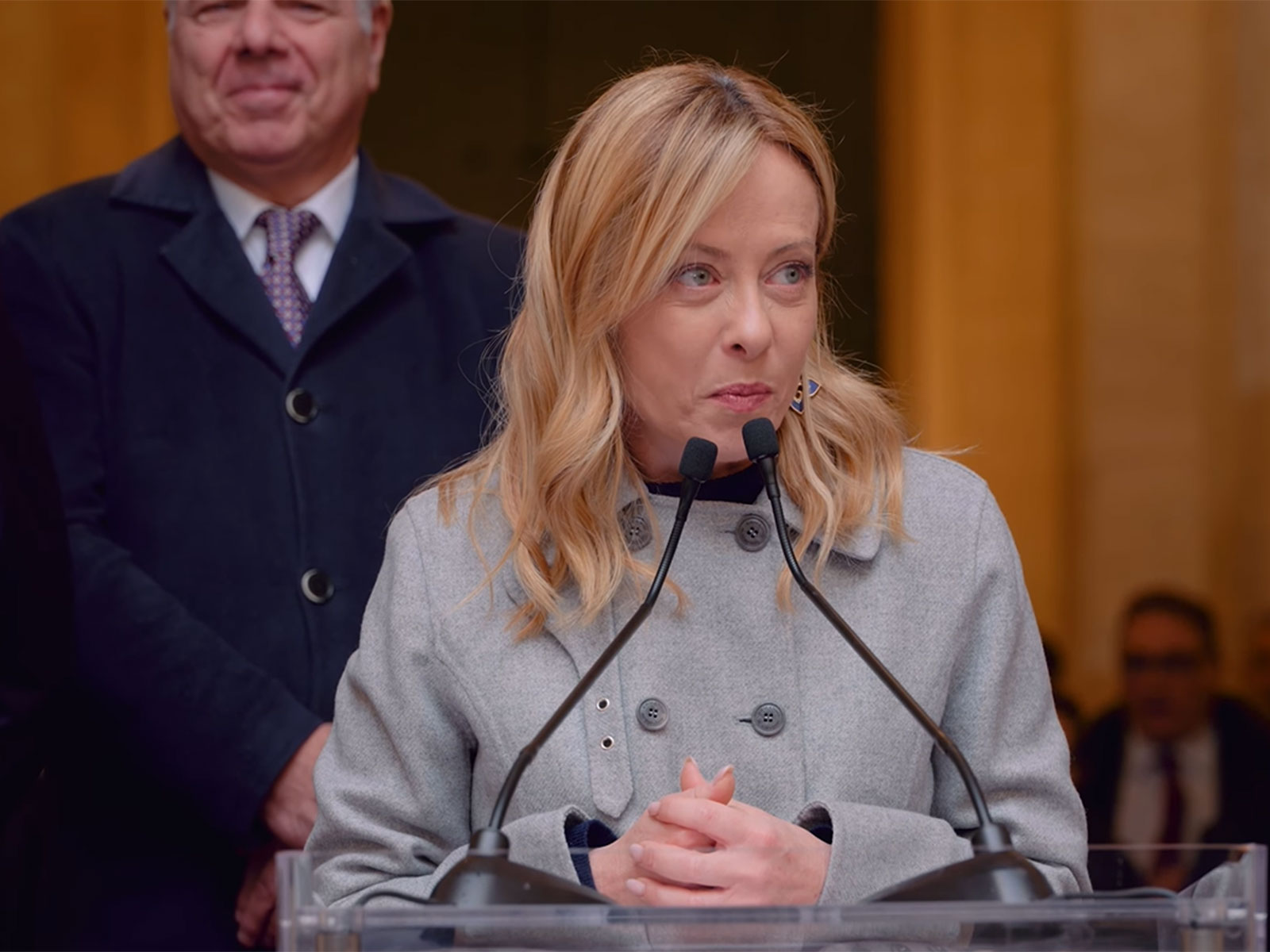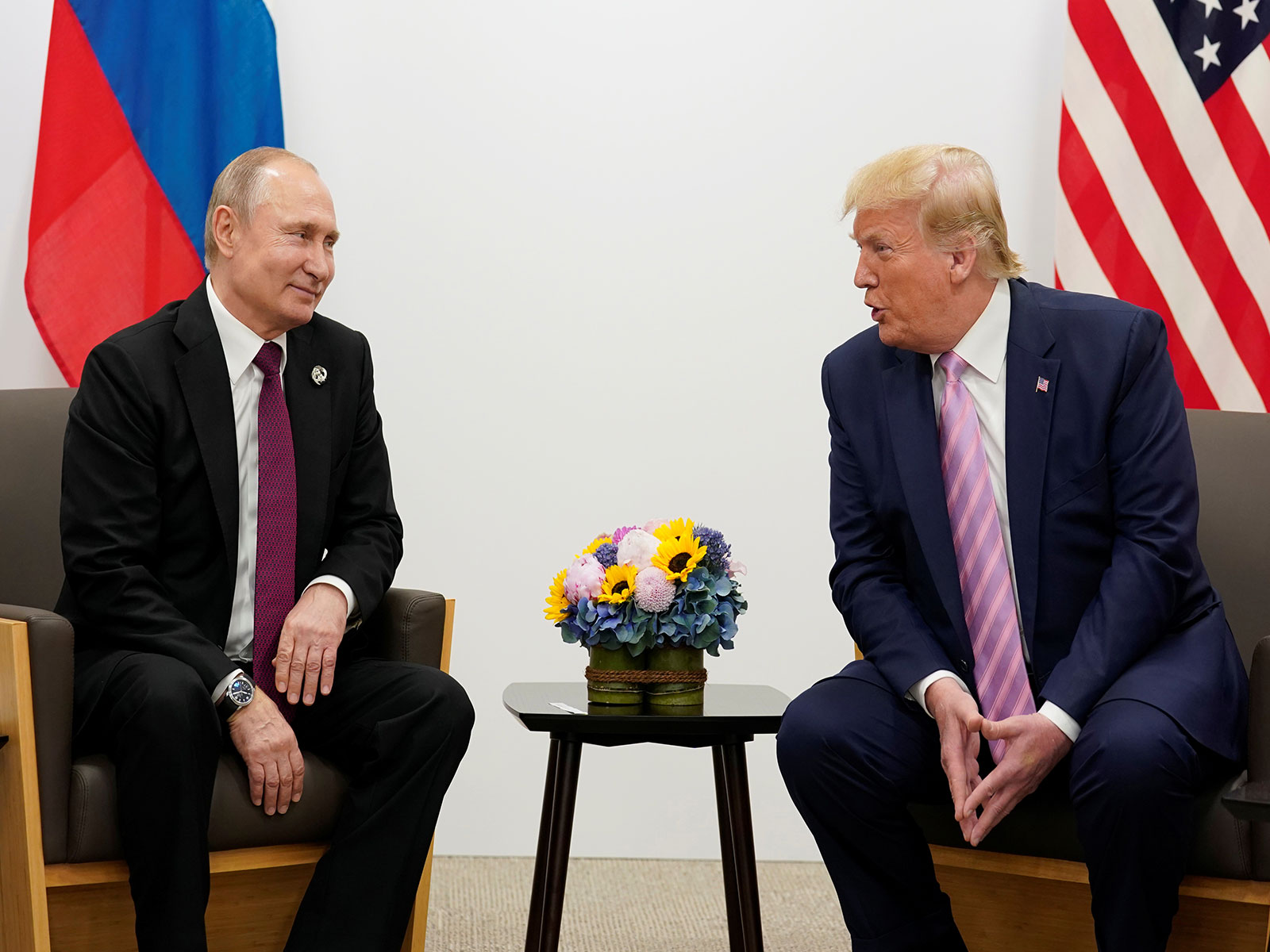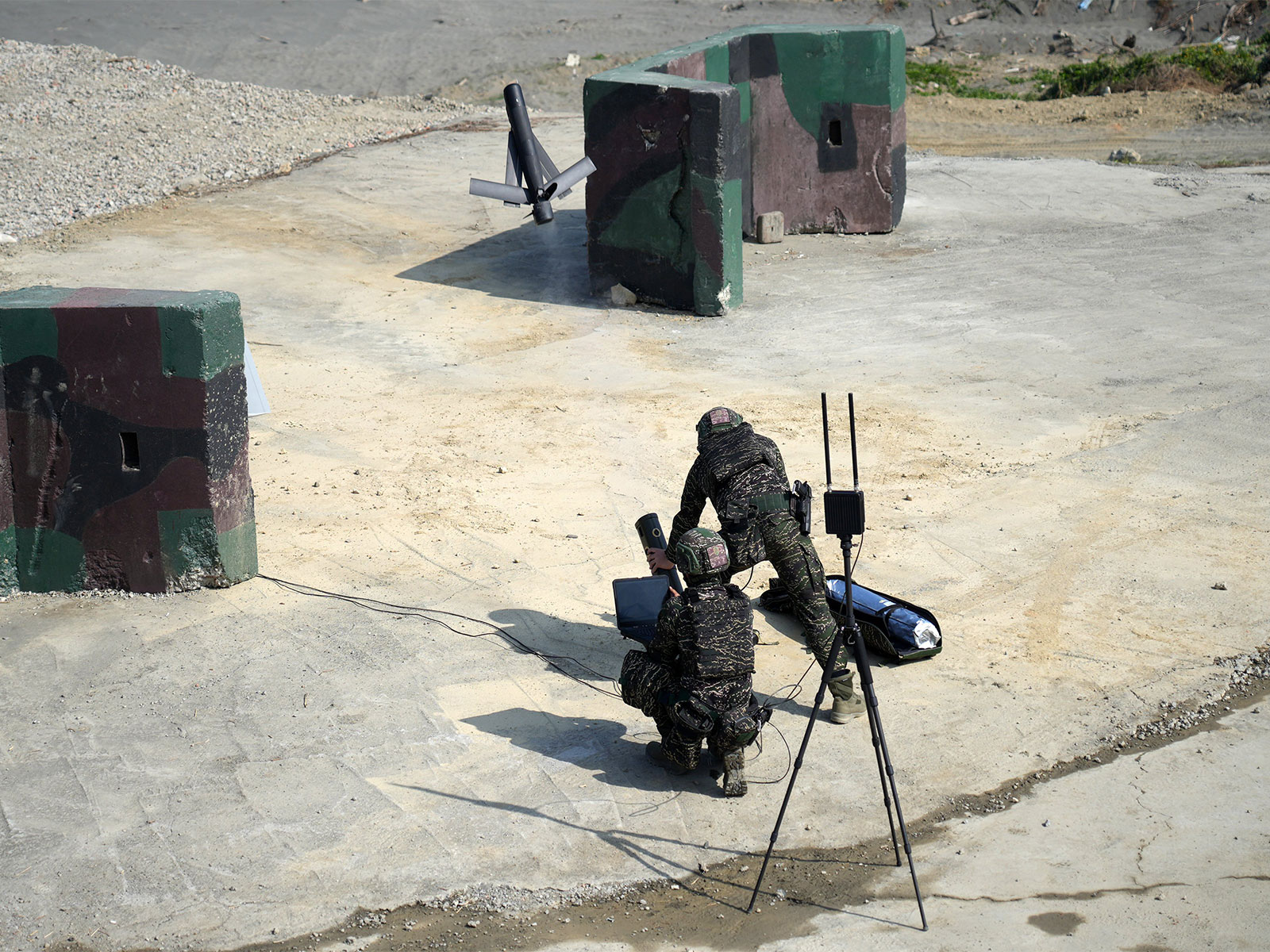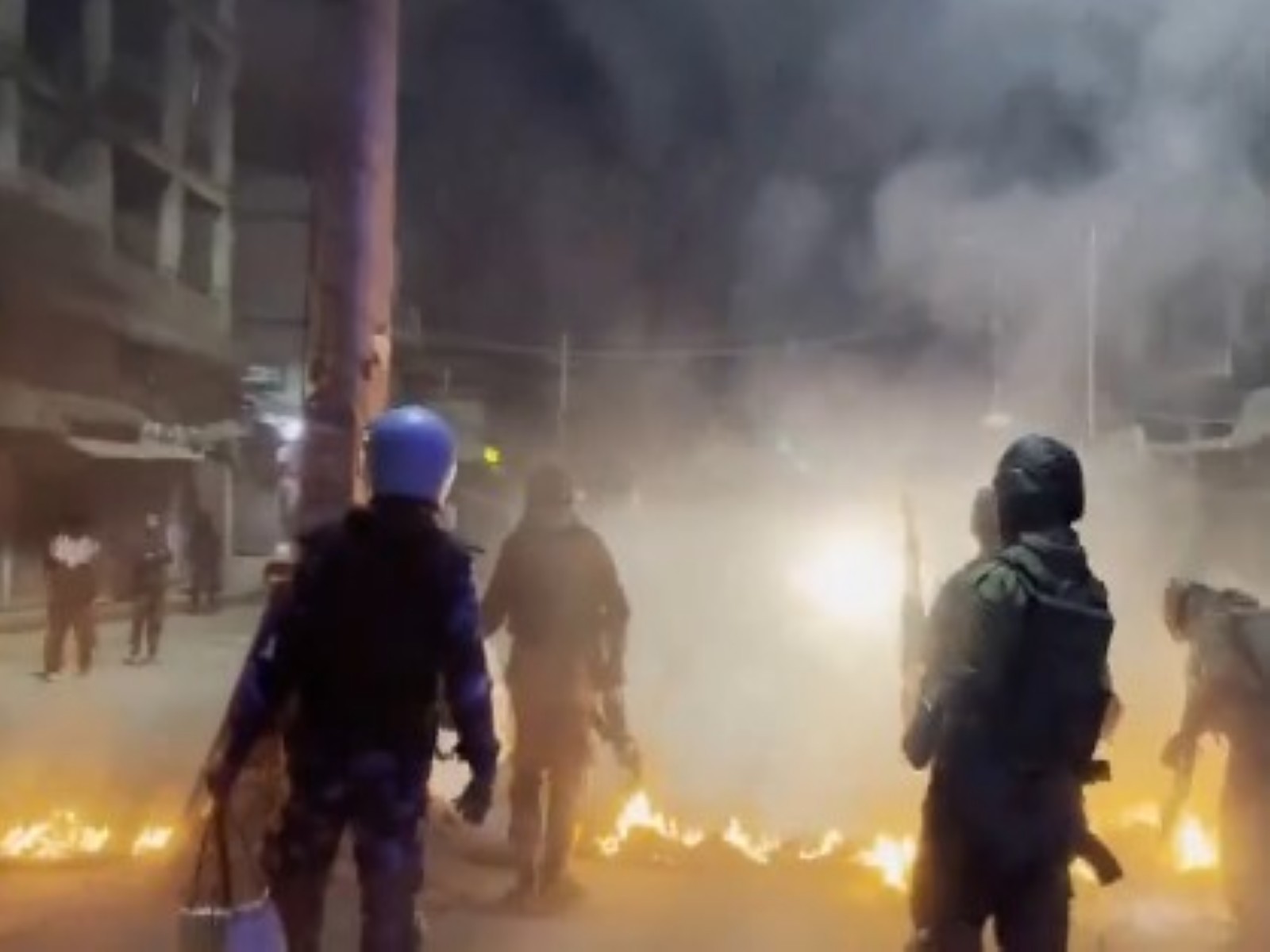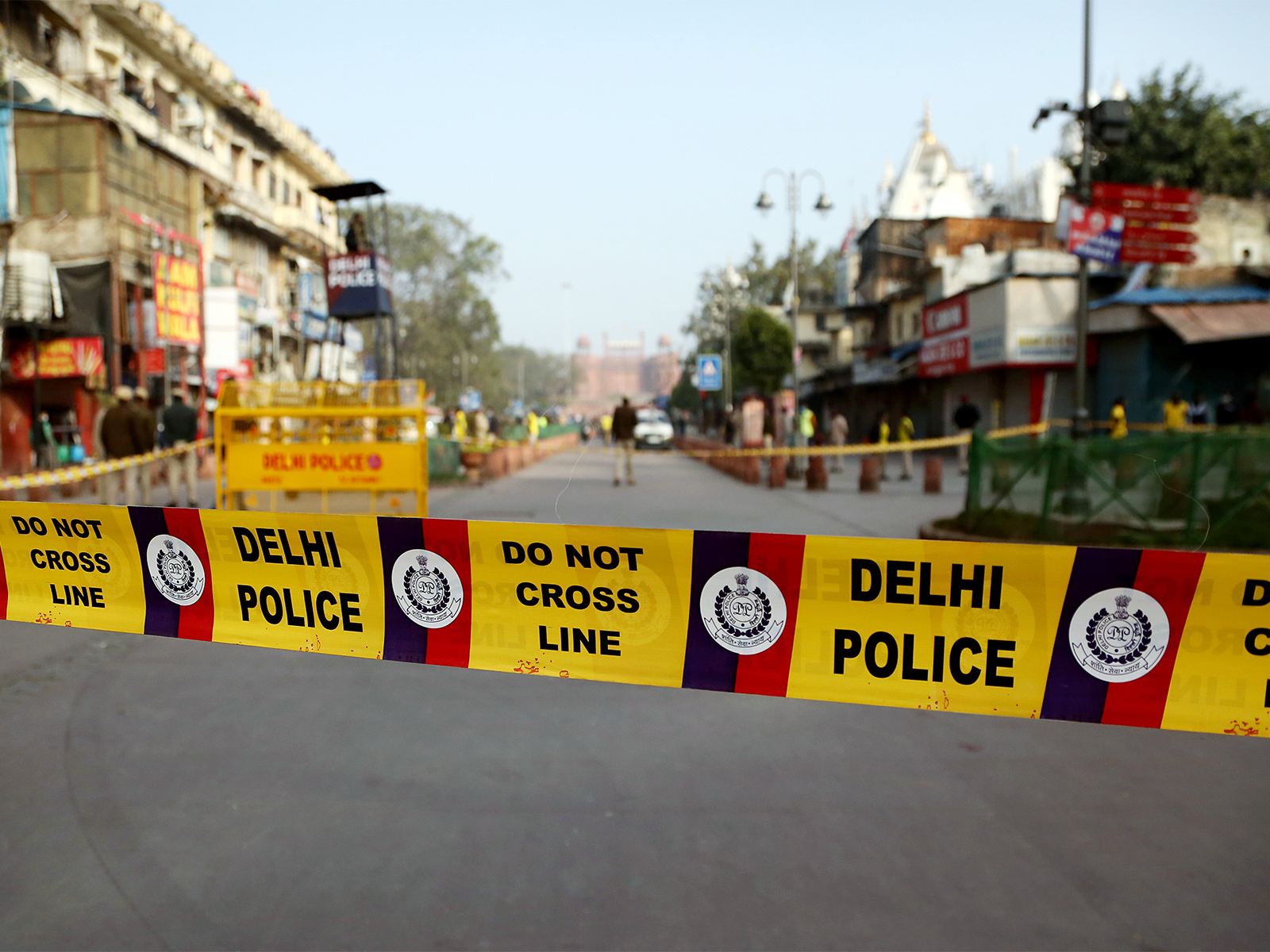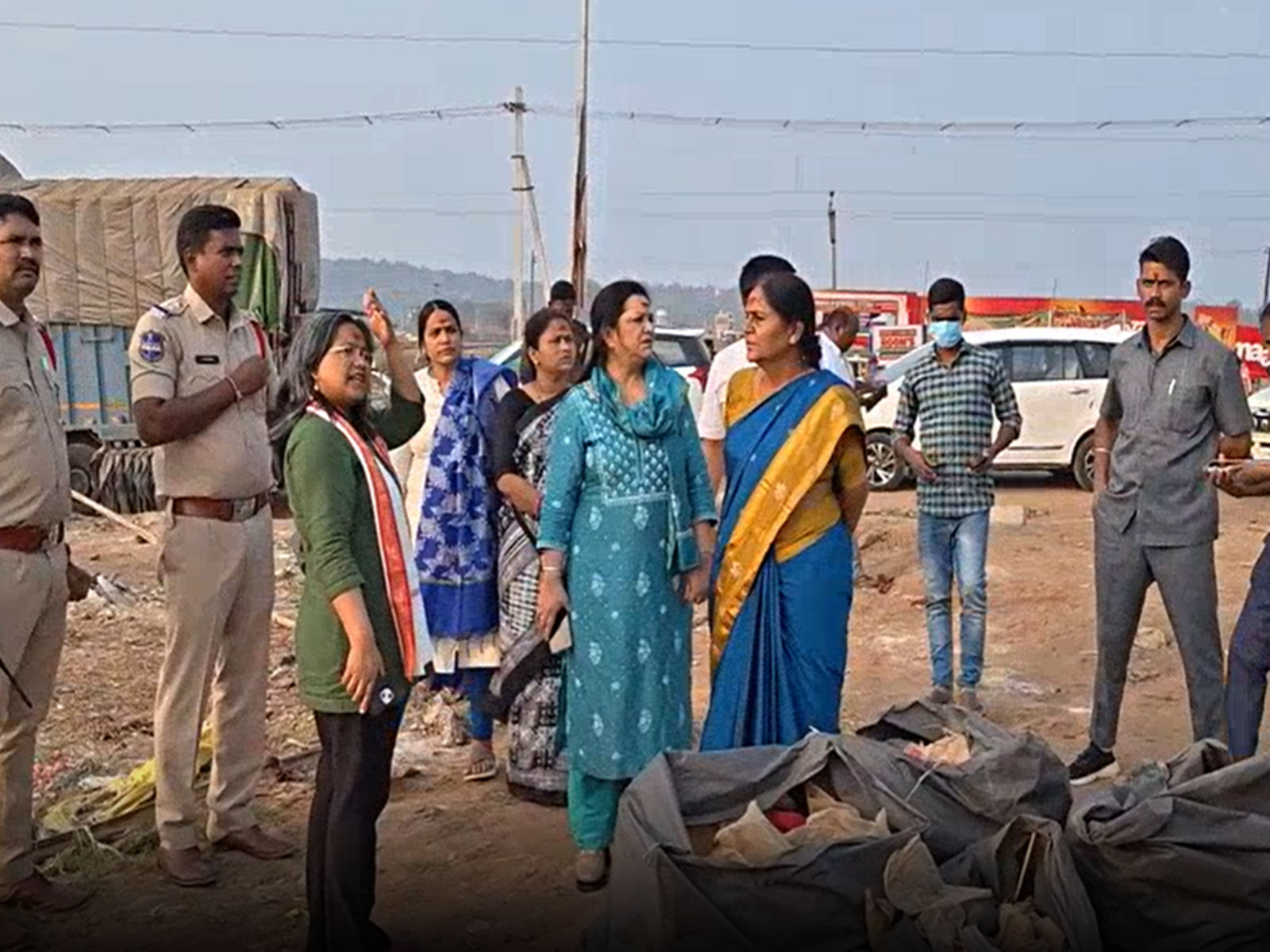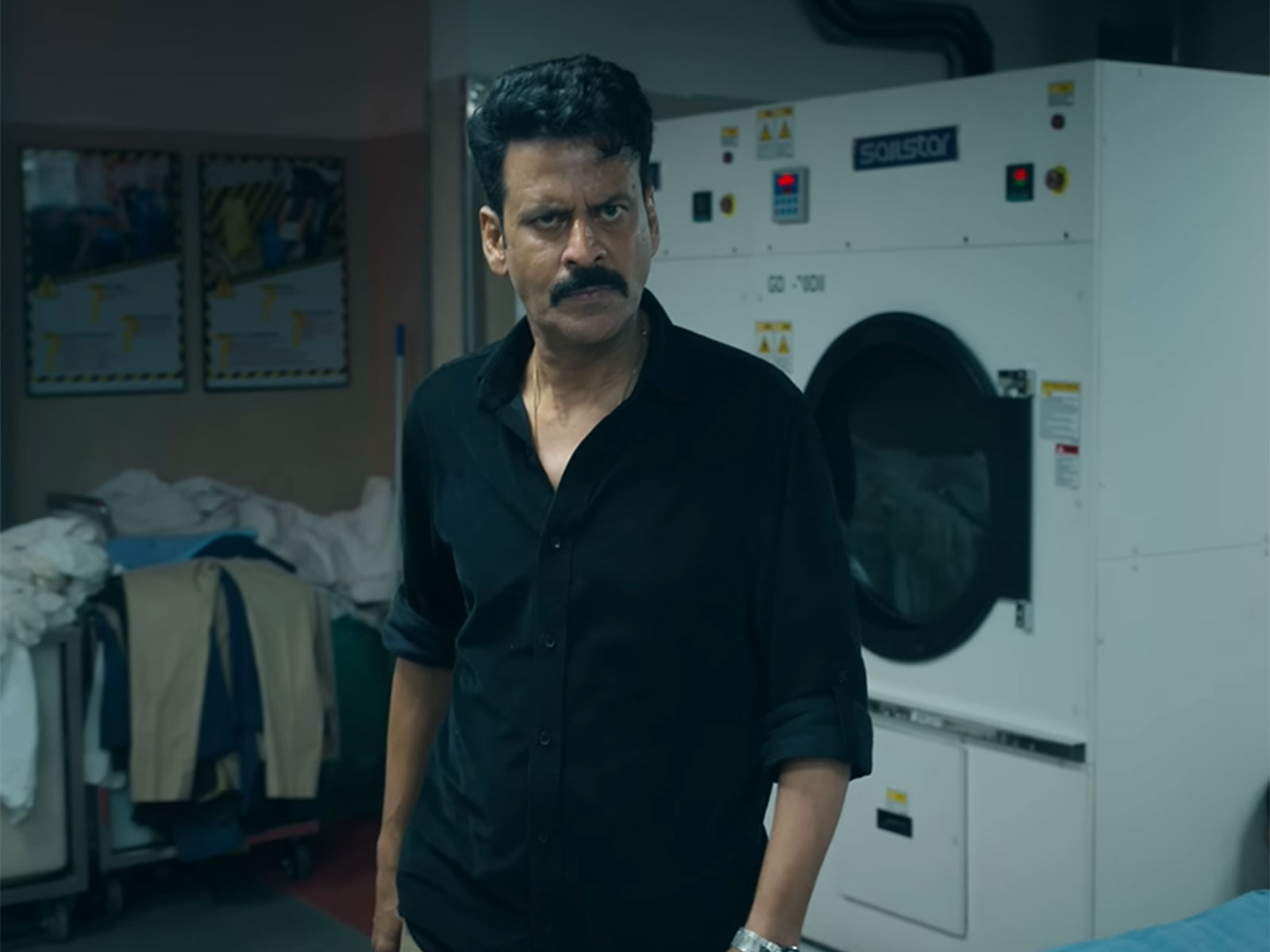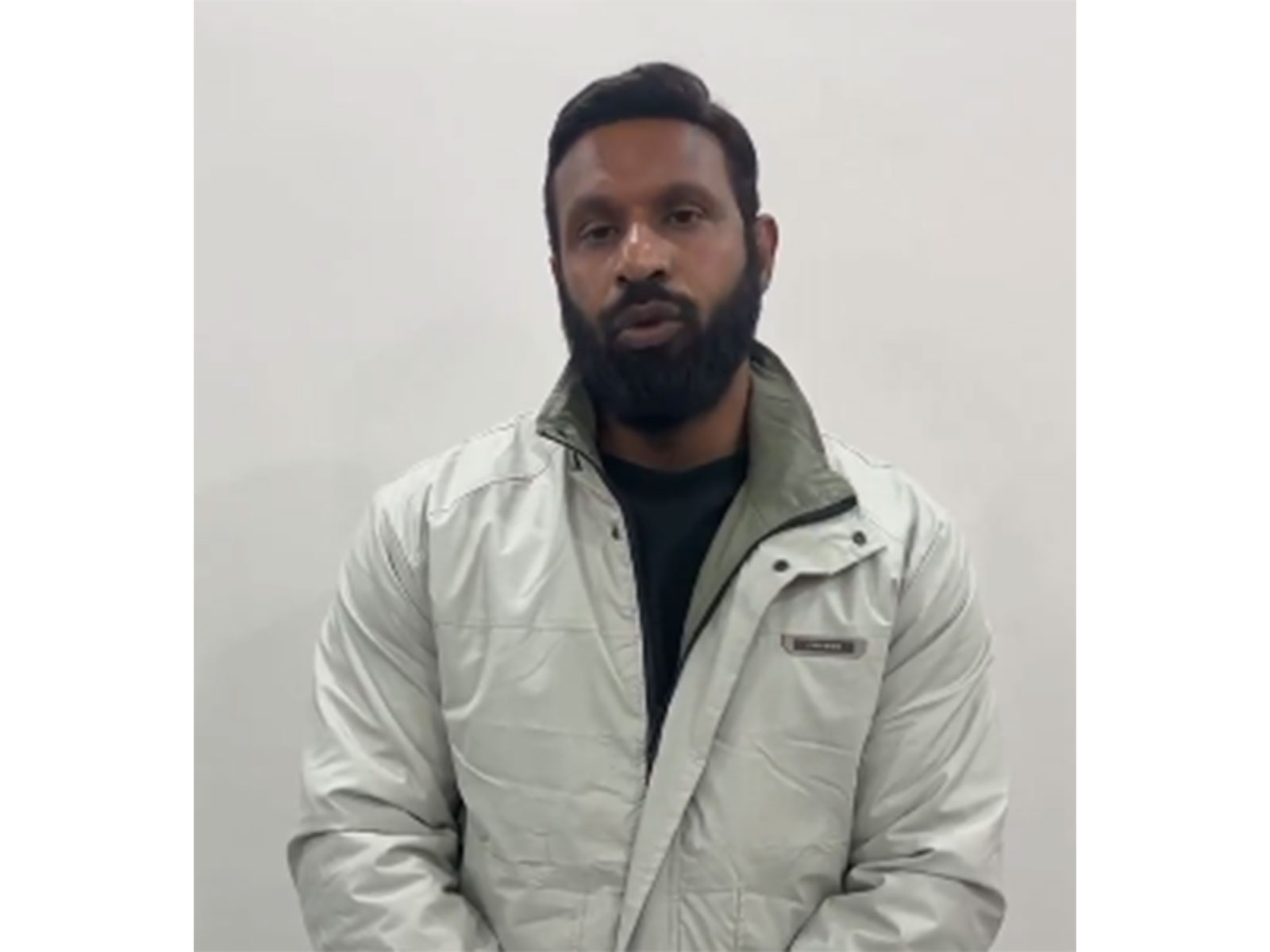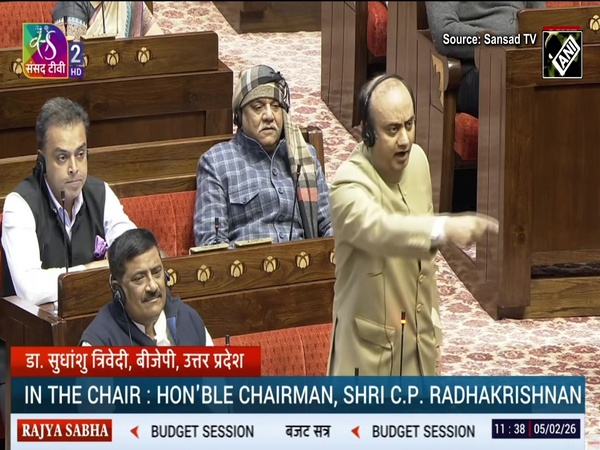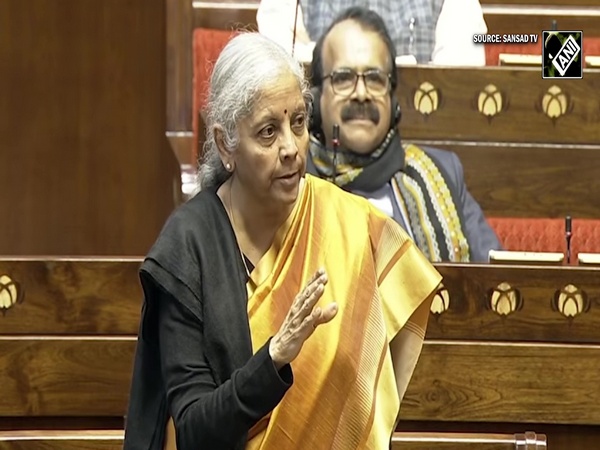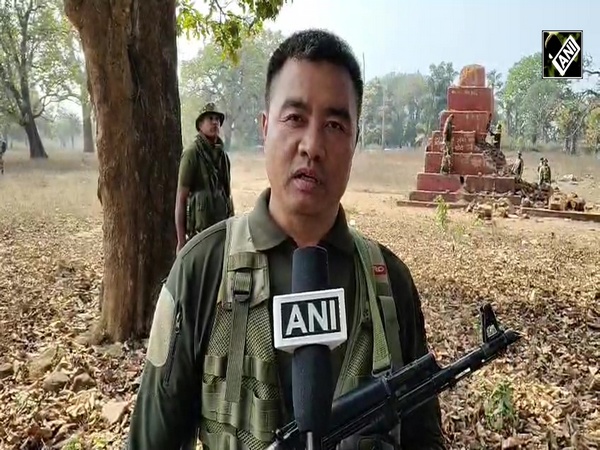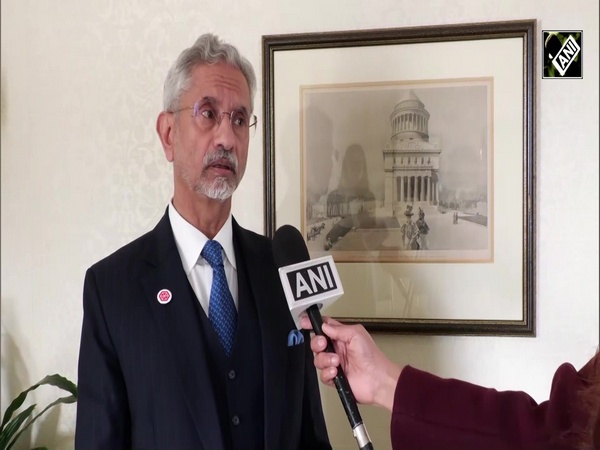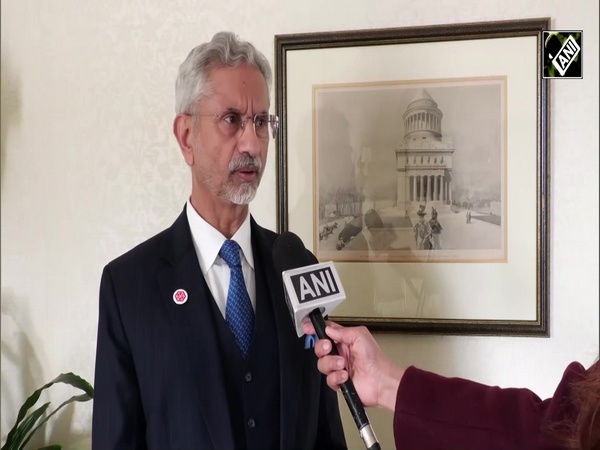Case of Arif Shahid reflects the misleading Human Rights narrative on J&K, says European think-tank
May 19, 2020

Amsterdam [Netherlands], May 19 : A prominent political leader from Pakistan occupied Kashmir (PoK), Sardar Arif Shahid, who was brutally killed in Rawalpindi seven-years ago, has been unfortunately forgotten by his own people for the sacrifices he made, whereas those waging a 'Jihad' in Kashmir valley are being cherished with lead headlines in Pakistani newspapers, reflecting the misleading Human Rights narrative in Jammu and Kashmir, says a European think-tank.
The European Foundation for South Asian Studies (EFSAS) said in its research, "Unarmed and equipped only with a clear vision for a J-K based on the principles of unity, independence, democracy, secularism and human rights, Arif Shahid's message was so powerful that the Pakistani establishment saw him as being too big a threat for it to handle".
"In the correct usage of the term, Arif Shahid will stand out as a true and brave martyr. Unfortunately, forgotten by his own people", it added.
On the evening of May 13, 2013, an armed man pumped four bullets into 62-year-old Sardar Arif Shahid outside his residence in Rawalpindi. The killer calmly got back into his car and wished away. A major Kashmiri nationalist leader, chairman of the All Parties National Alliance (APNA) and president of the Jammu Kashmir National Liberation Conference (JKNLC) had just been silenced.
Arif Shahid was as much a social worker as he was a politician, and the stellar and selfless work that he did amongst his Kashmiri brethren in the aftermath of the devastating October 8, 2005 earthquake in J-K has been documented by Pervez Hoodbhoy, a retired professor of physics from Quaid-e-Azam University, Islamabad, who as a member of a post-earthquake relief operation team had worked closely in the field with Shahid.
Hoodbhoy was so impressed that he described Shahid as a "gift from heaven" for the relief operations, adding that, "...Gruff only in appearance, he was warm, caring and friendly. We noted with some amusement that, although Islamabad was just a few tens of miles away, he would invariably introduce us to groups of survivors as honourable guests from Pakistan!"
Hoodbhoy asserted that because of the involvement of elements of the Pakistani State in the murder, "there will be no closure" to Shahid's killing, and that prediction is being proved correct as the years flow by.
EFSAS said, "Shahid also often described Pakistan-occupied J-K and Gilgit Baltistan, the other portion of the erstwhile Princely State that Pakistan presently administers, as 'colonies' of Pakistan. He argued that it would be in J-K's best interest to "get rid of Pakistan, which had created divisions among residents of J-K and was misusing religion for this".
Shahid sought to become a bridge between Pakistan-occupied J-K and Gilgit Batistan, and he formed an All Parties National Alliance (APNA) of more than a dozen political parties from these two areas.
While accusing Pakistan of destroying the identity of the people of J&K and forcing a concocted version of history upon them, Shahid vociferously highlighted the secular and inclusive credentials of J-K.
"He reminded that Shias, Sunnis, Hindus, Sikhs and Buddhists have all historically lived in harmonious coexistence in J-K. He underlined that projecting the J-K issue as one between Muslims and non-Muslims, as Pakistan does, is grossly wrong and unjustified. Shahid stressed that the people of J-K would never accept becoming slaves of Pakistan just because they adhered to the same religion of Islam, and that Pakistan's dream of merging J-K with it, would remain wishful thinking," observed the European think-tank.
While stressing that Pakistan was illegally occupying Pakistan-occupied Jammu and Kashmir, Shahid averred that despite this Pakistan had no qualms about forcing Kashmiris to fight against India.
He questioned, "If Jihad is so pious and mandatory, why are the children of (Pakistani) Generals, Brigadiers and Colonels studying in the UK and USA? Why aren't they joining the Jihad in Srinagar? Why aren't the children of Hafiz Saeed and Qazi Hussain Ahmed joining Jihad in the Valley? Why don't Hafiz Saeed and Qazi Hussain Ahmed go to Srinagar to liberate it and wage Jihad? Why are only children of poor Kashmiri daily-wagers, farmers and bus drivers being given a training of 10 to 15 days and then sent for Jihad?"
The European think-tank said, "Historically, Jammu and Kashmir has been singled out for criticism for alleged human rights violations even as the region battles the menace of a long-running Pakistani sponsorship of terrorism".
It added, "It the ensuing violent atmosphere and by virtue of the higher degree of transparency in India, any transgression is enlarged and highlighted, the mitigating circumstances notwithstanding. This results in a near-farcical situation where terrorists such as Burhan Wani, despite having the blood of Kashmiris on their hands, get favourable mentions in UNHRC reports on J-K while non-violent social and political activists such as Arif Shahid, who are brutally murdered by the State just for demanding the rights of their people and an end to oppression, and for holding and expressing differing opinions, do not even figure in such reports".
Equally guilty is a large section of the people of Jammu and Kashmir, who seem to believe that being killed by an Indian bullet is a necessary pre-condition to being branded a martyr, even if such a martyr had been guilty of killing, raping and exploiting fellow Kashmiris. Even Pakistani nationals from Lahore or Peshawar, waging jihad in J&K on behalf of the Pakistani State and killing people of J-K in the process, seem to qualify for martyrdom.
"On the other hand, sons of the soil killed by Pakistani bullets, even if in peaceful pursuit of a fairer, larger cause that would stand to benefit J-K and its residents more, do not seem to make it onto the list. Hardly anyone in J-K seems to be interested in knowing who killed Shahid and why, and calls for an investigation into his death have all but fizzled out in these 7 years", said EFSAS.
